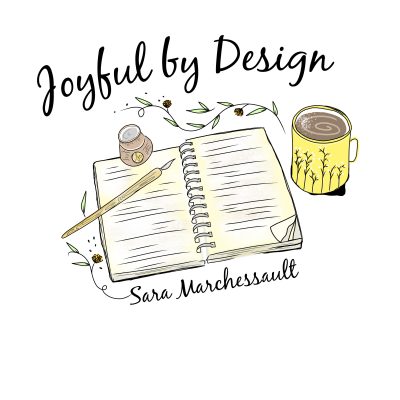Parent toolkit for Kid Authors #6: Time to edit

Editing happens in phases, just like writing the book happened in phases. When I’m working with Kid Authors (KA’s) on their books, the first round of edits usually happens when this question can no longer be answered: What happens next?
Before we get to this point, there’s already a sense of knowing where the story is going and how it will end, because I’ve been working with the KA on their project and we have an ultimate goal in mind.
In the writing process, the KA learns exactly who the story is about and what that character will be like at the end of the tale. When the KA has written enough for the main character to have achieved whatever the transformation is he or she is going to accomplish, it’s time to read through the story aloud. But first, make sure it’s typed up.
In the interest of giving the KA as much ownership over her story as possible, have her type the story. Put the text in a format that’s easy to read and edit, such as double, or even triple, spaced text.
Now the KA is ready for the first phase. Grab a pencil and the book and start to read aloud. For this first read through, you’re looking for the story to make sense. Some questions to keep in mind:
- Is the protagonists’s problem clear?
- Do we know what the stakes are if the problem is not solved?
- Why does the problem matter to the protagonist?
- How is the protagonist changed at the end of the story?
- Is it clear?
After you read through, and depending on the length, this will be quick or might take a decent chunk of time, it’s time to make any changes.
Once the changes are made, complete another read through and fix any glaring mistakes.
When you reach the point where the story flows the way the KA is happy with, it’s time to do an edit that includes spelling, punctuation, and grammar.
Encourage the KA to do this as best she can, but keep in mind this phase will need to be completed by a parent, teaching, or coach.
Go through the book carefully and make corrections to give the book a polished look. I often do this for my clients in conjunction with parents, or give the option to hire an editor.
After this edit, it’s time for the third phase, which is sharing with people who haven’t yet read the book. I recommend at least one adult and one child. The adult could be a teacher, aunt, best friend’s parents, etc. Someone the KA knows, likes, and trusts. The child who reviews the book can be a friend, preferably a friend who enjoys reading.
When you share your book to be reviewed, it’s nice to ask specifically for what you want. I recommend asking the adult reviewer to notice any issues with spelling, punctuation, and grammar, as well as flow of the story.
Consider asking the child reviewer for feedback on readability, sort of like asking was this a pleasant book to read, and then what did you like about it?
By all means, ask the reviewers for a little blurb. This is a quote you can add to the front or back cover, inside on one of the first pages, or even on the author website.
When editing is complete, congratulations, you have a story ready to publish! Click here for more info on how to publish.
Related Posts
Parent toolkit for Kid Authors #7: Publishing the book
I wish I could write that when your Kid Author (KA) writes a book all…
Parent toolkit for Kid Authors #5: Giving Feedback
When working on a writing project, there are several opportunities to give feedback. And we…

Leave A Comment